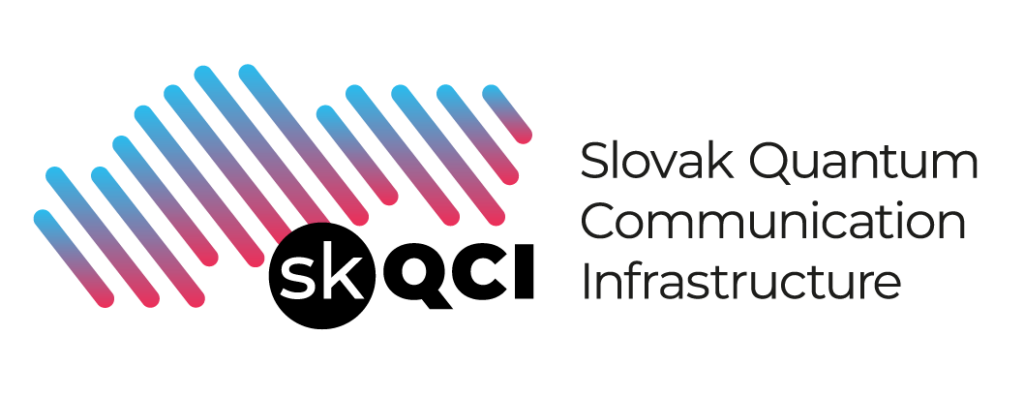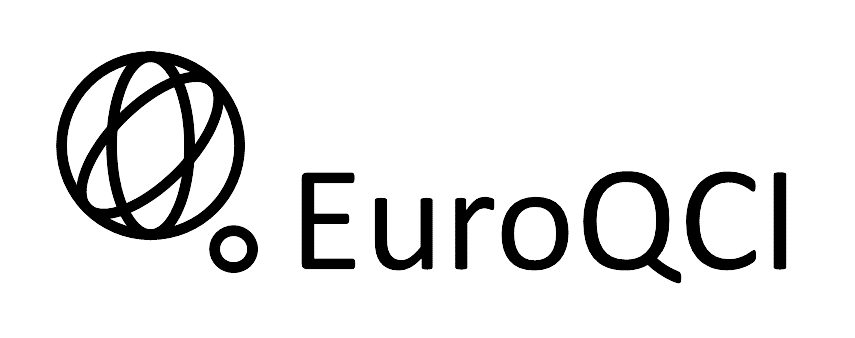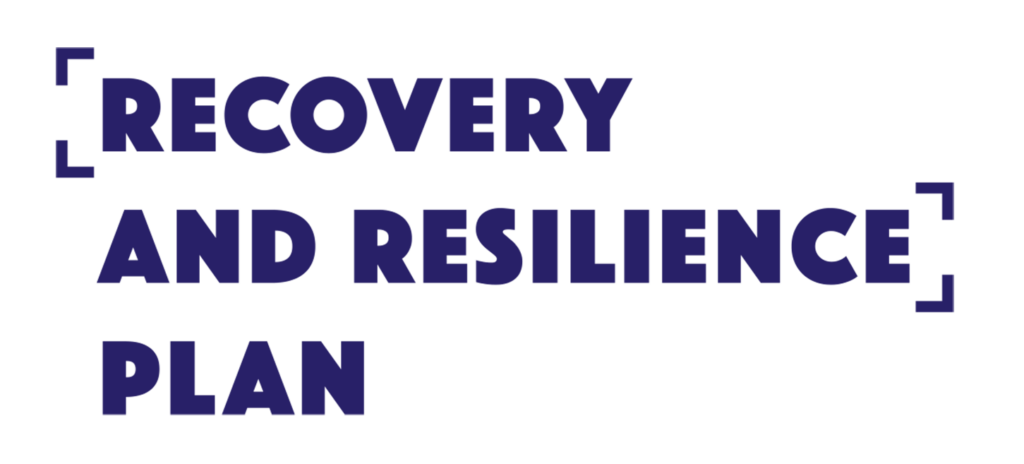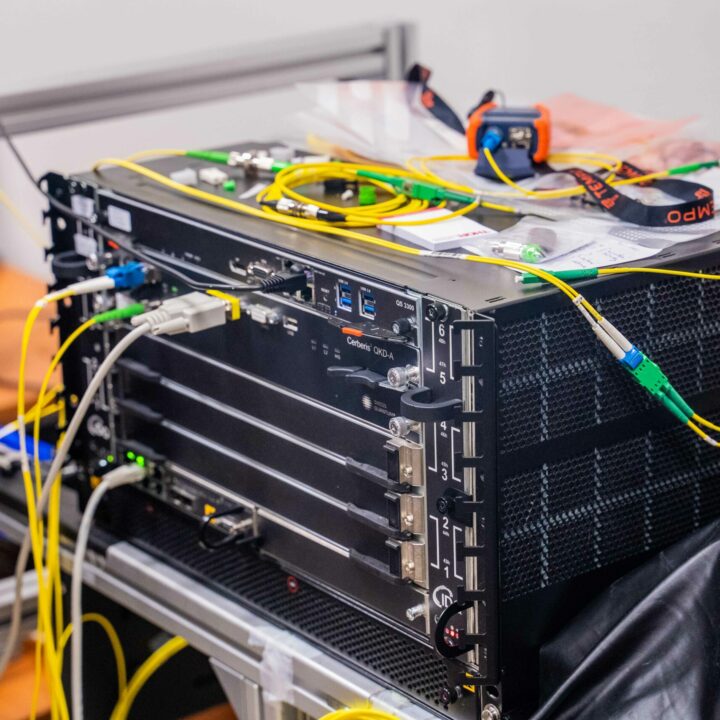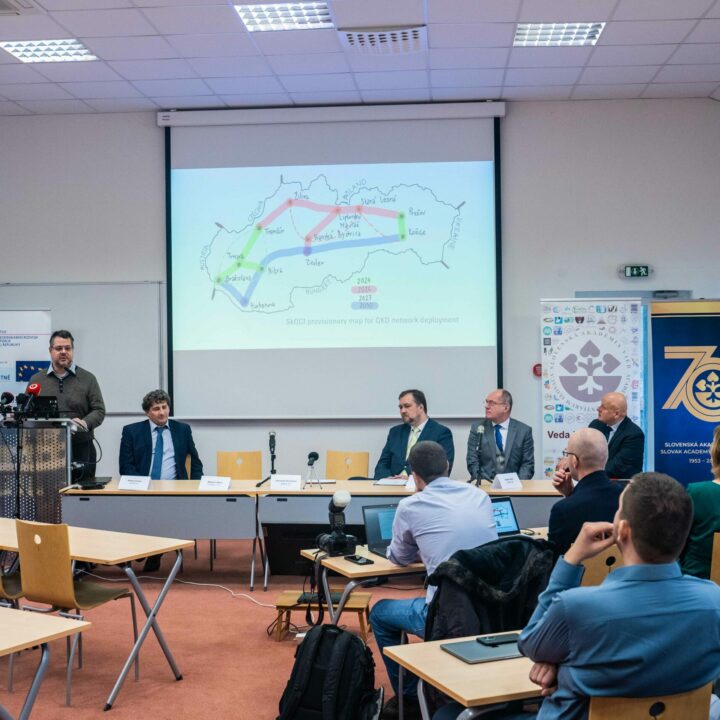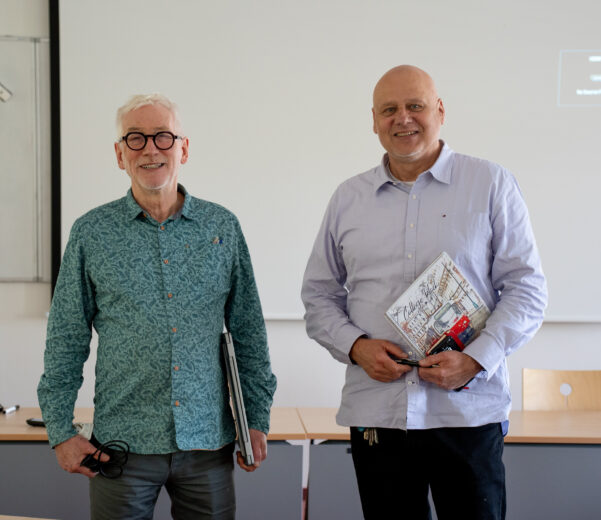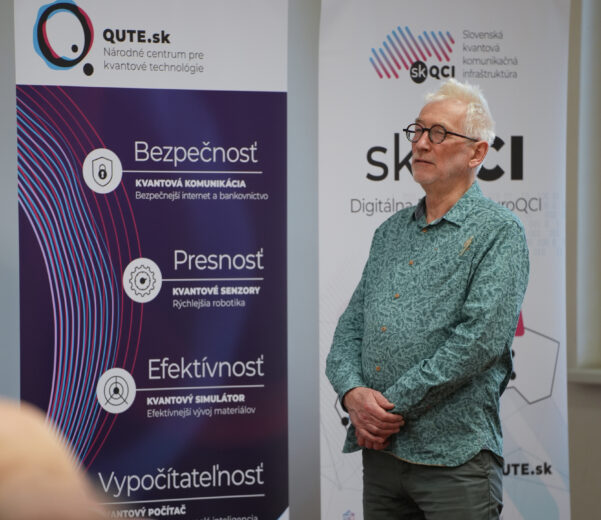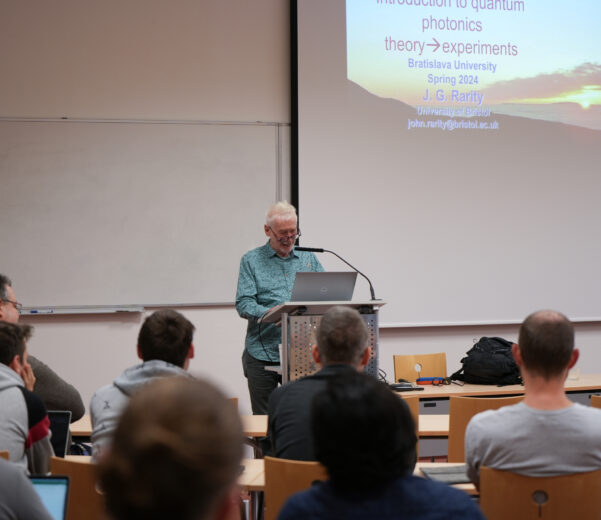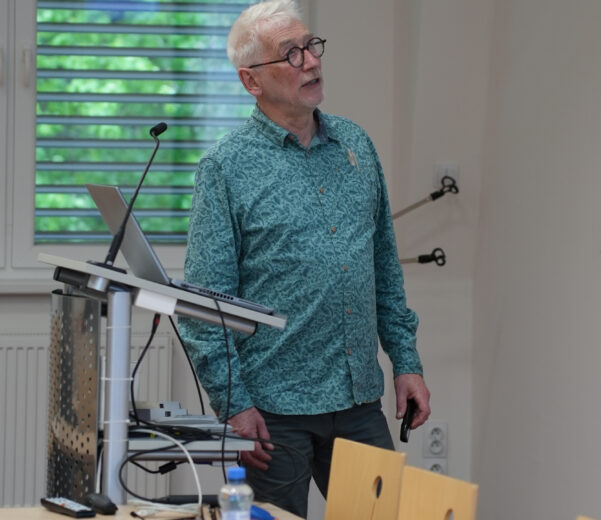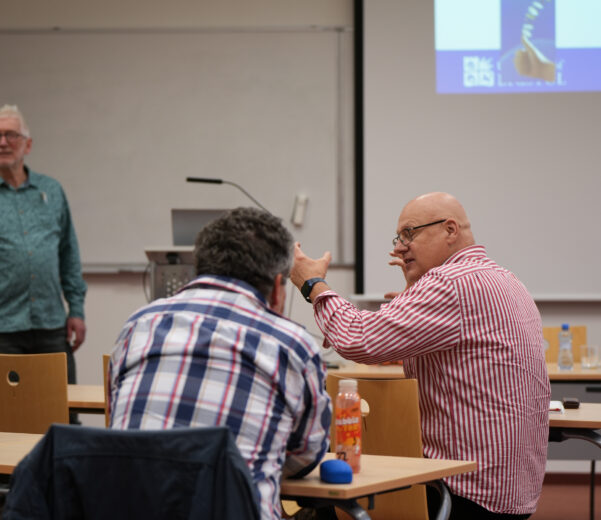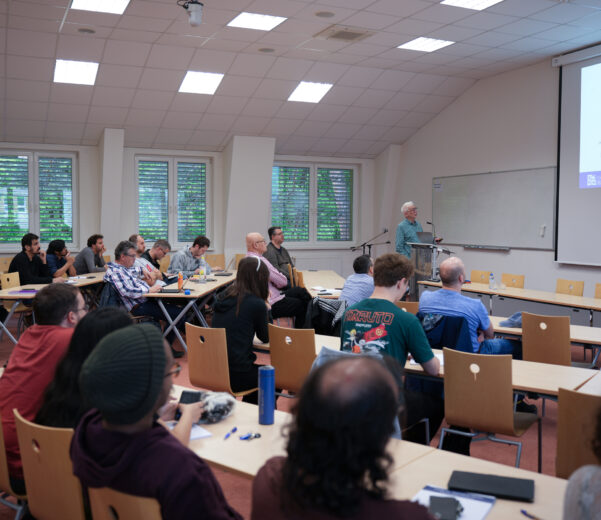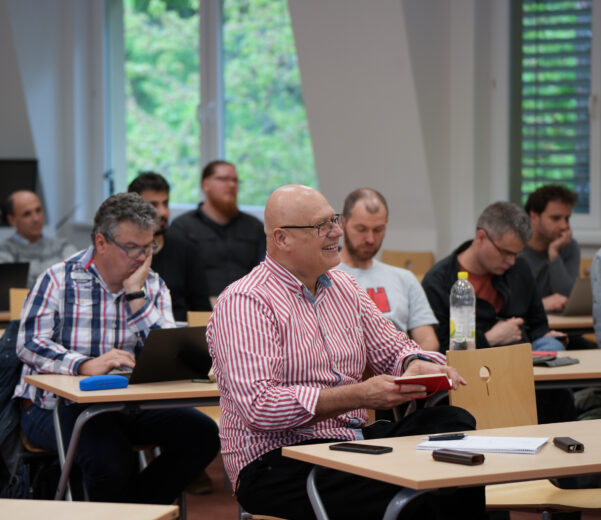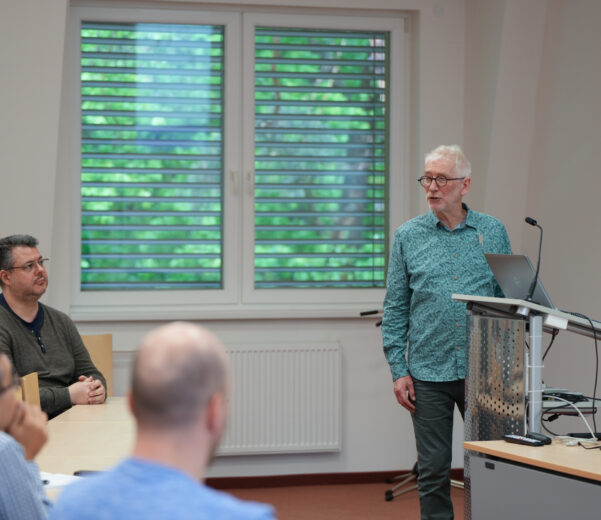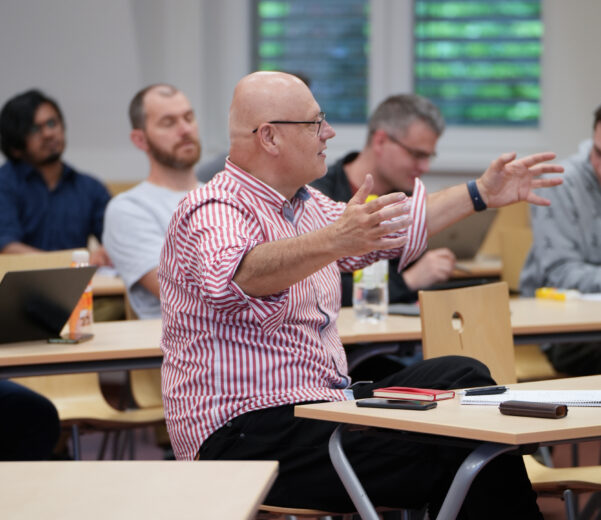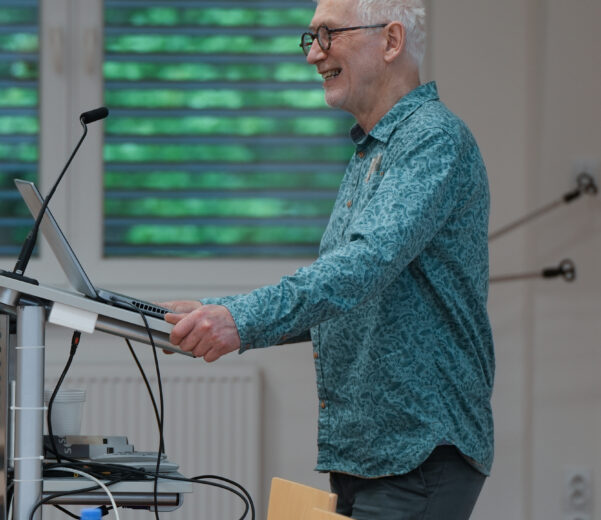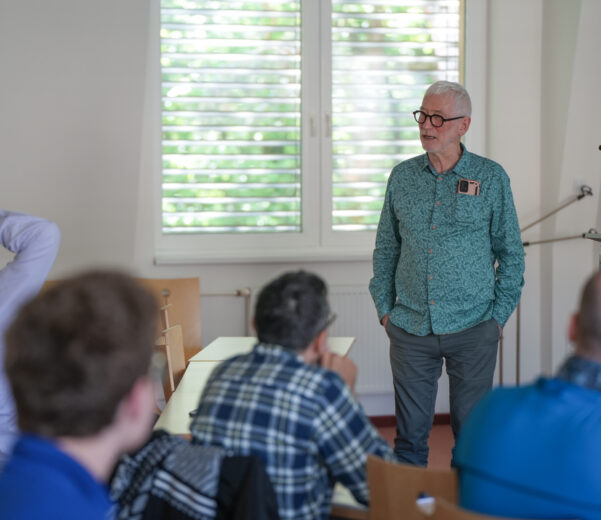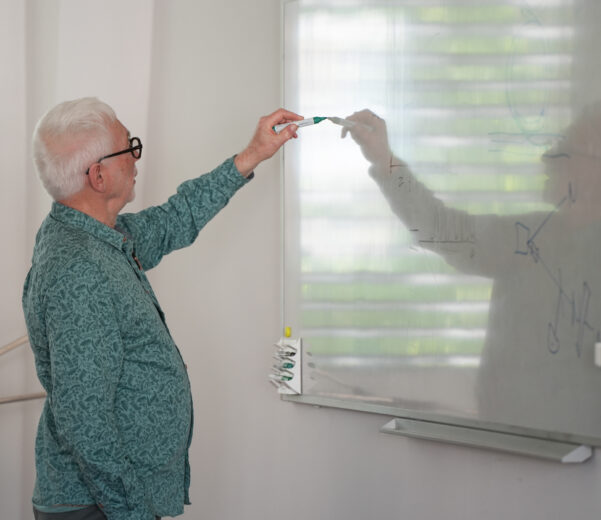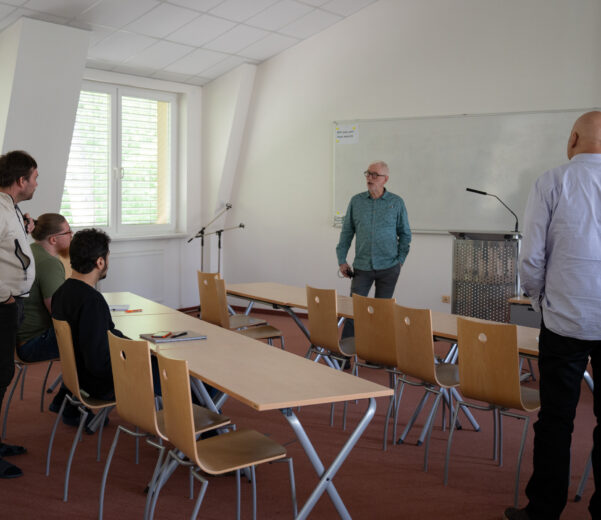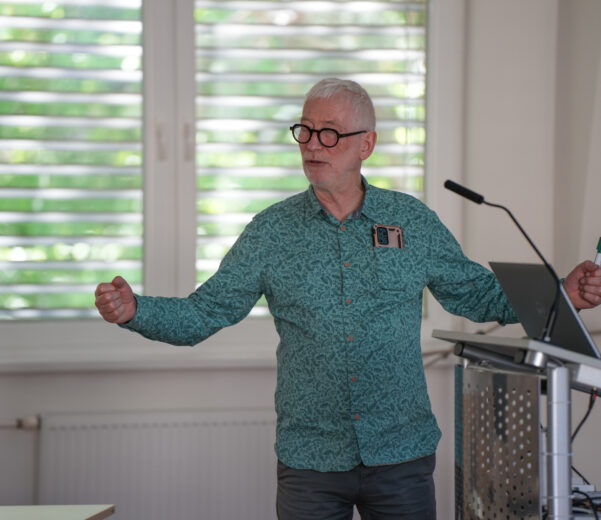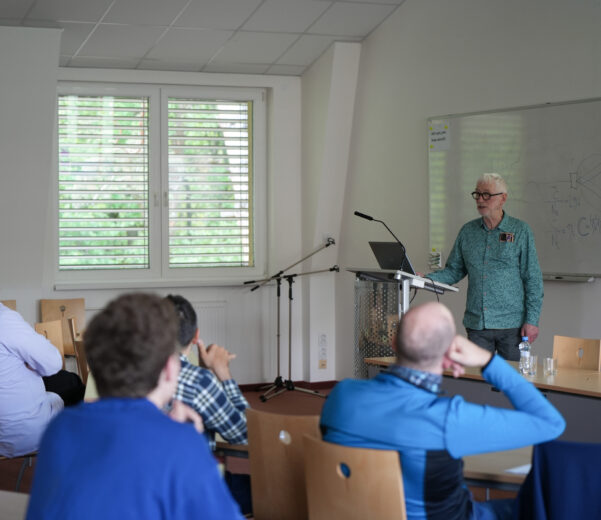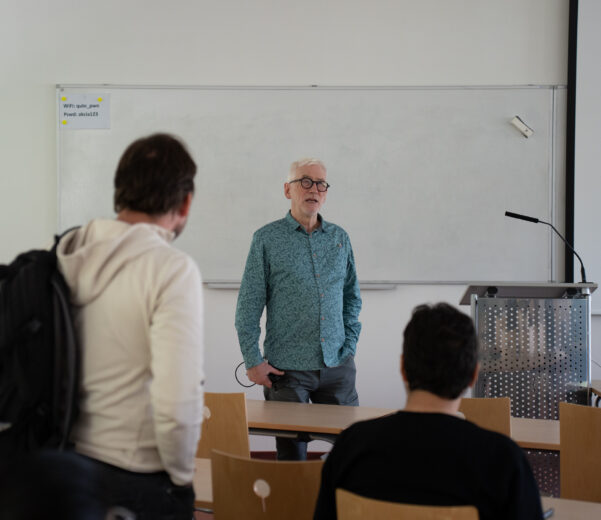John Rarity: Quantum photonic device engineering
- Home
- event
- 2024
- courseQUTE
- Events
- John Rarity: Quantum photonic device engineering
Series of 5×90 min lectures covering topics:
Single photon interference and sources
Photon detectors and Photon counting technology
Photon statistics: sub-poissonian light and squeezed states
Multiphoton interference and limits to visibility
Applications to Quantum key distribution and Metrology
Linear optics quantum computation and simulation
Lectures are MSc/PhD friendly, but open for all interested (Elementary Quantum Theory course is assumed) and free of charge. Please register to receive all information.
Program (tentative):
- Tuesday 16/04 10:00-11:30, 13:30-15:00
- Wednesday 17/04 10:00-11:30, 13:30-15:00
- Thursday 18/04 10:00-11:30
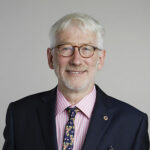
Prof. John Rarity
John G. Rarity is a professor of optical communication systems in the department of Electrical and Electronic Engineering at the University of Bristol, and was the director of the Quantum Engineering Technology Labs (a joint Physics and E&EE Institute) and Photonics Group (E&EE). He is an international expert on quantum optics covering all aspects of optical quantum technologies exploiting single photons and entanglement.
In his early work in the 1980’s he was among the first to develop and detect non-classical light sources building early parametric sources, using home built solid state photon detectors, and making the first demonstrations of path entanglement. He turned his early, developments towards the realisation of quantum communications in the 1990’s proposing time-energy entanglement based quantum key distribution, and realising early proof of principle fibre QKD experiments. In the late 90’s he focussed on free space key distribution and he was among the first to investigate the feasibility of satellite quantum key distribution schemes.
Rarity was the Bristol PI on two quantum technology hubs: Quantum Imaging (£2.7M) and Quantum communications (£6.7M) and he was PI on many EU and EPSRC grants (> £24M) including an ERC advanced grant Quantum optics in wavelength scale structures. During his long career he received many awards and medals like the Thomas Young Medal in 1995 and most recently, in 2015, he became a Fellow of the Royal Society (FRS).
In review
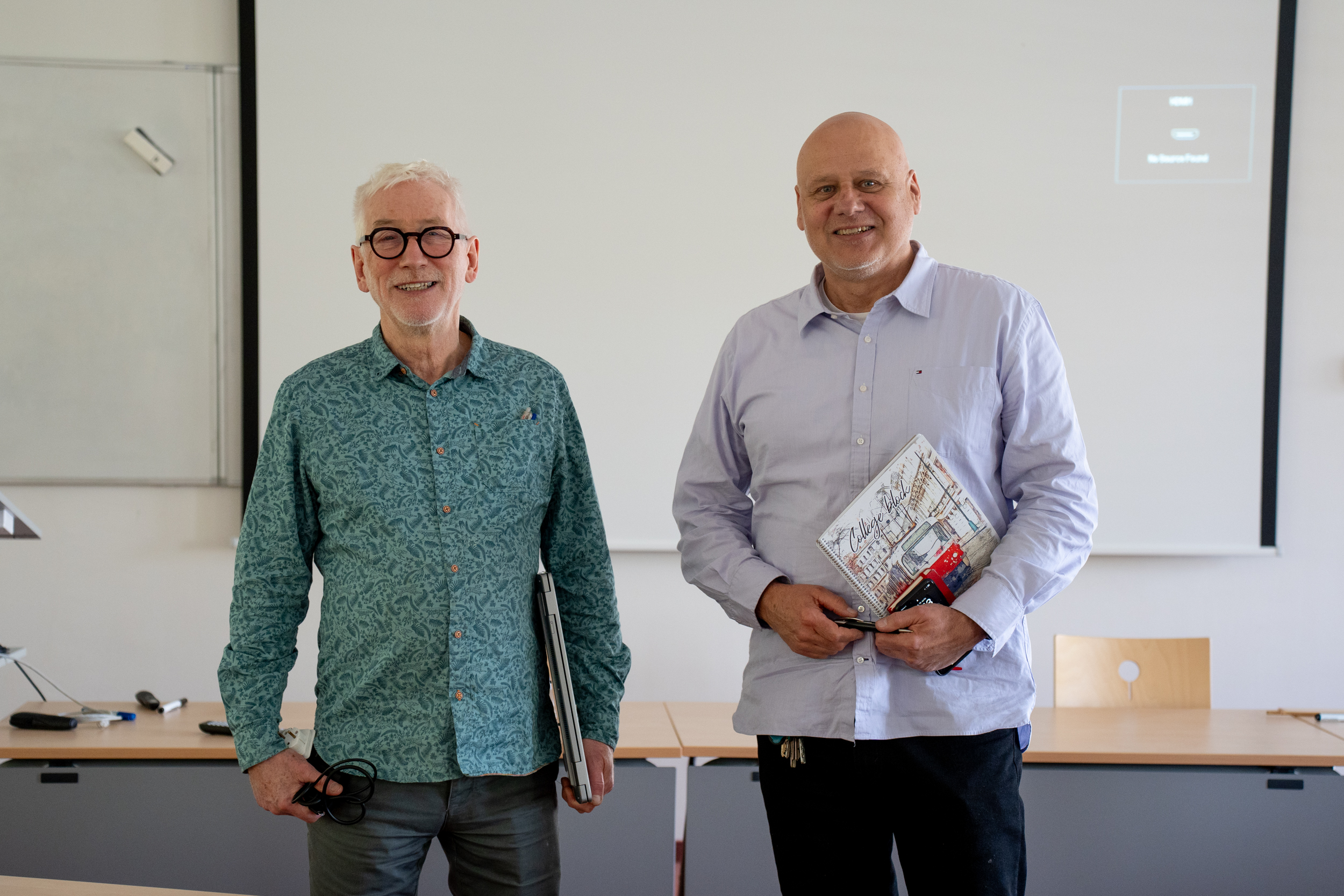
Celebrating World Quantum Day 2024: A Week of Quantum Exploration
In honor of World Quantum Day on April 14th, 2024, enthusiasts, scholars, and professionals around the globe came together to celebrate the marvels and advancements in quantum science and technology. Throughout the week, also here in Slovakia a series of captivating events unfolded, each offering unique insights into the realm of quantum mechanics and its profound implications for the future.
The project skQCI is funded by the EU Programme DIGITAL and Programme NextGenerationEU from Recovery and Resilience Plan of the Slovak Republic.
